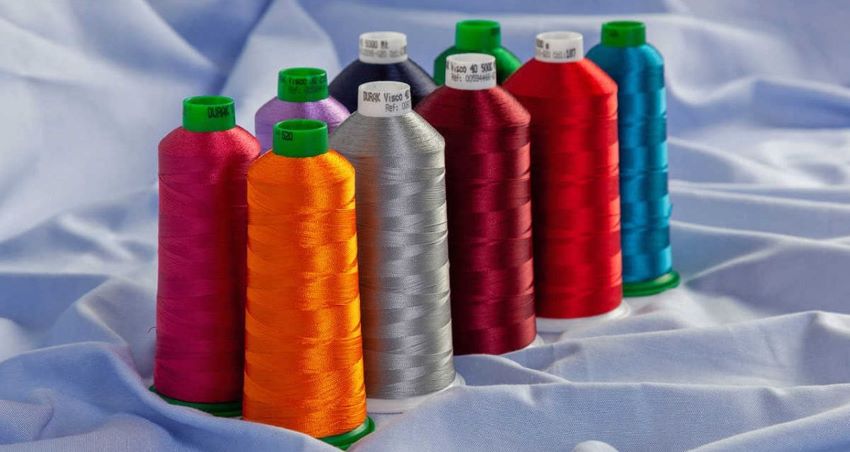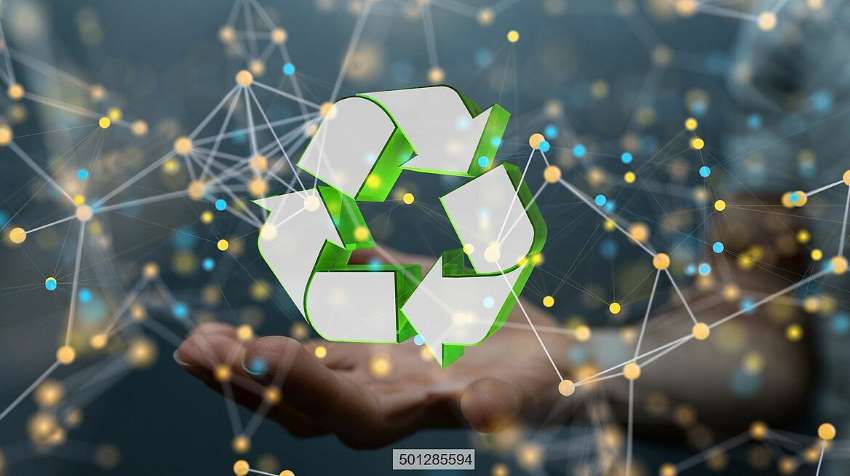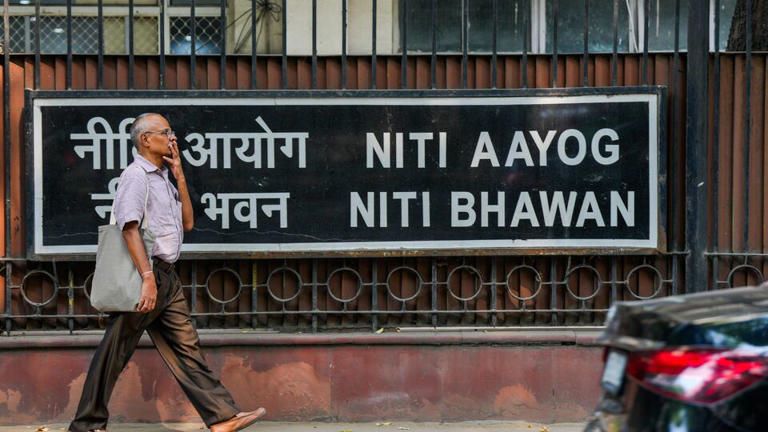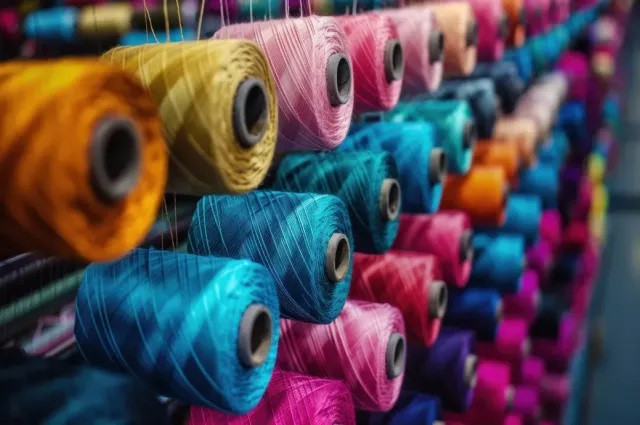
India, with its rich textile heritage and increasing environmental awareness, is ready to become a key player in the growing global lyocell fiber market. Lyocell, a sustainable fiber derived from wood pulp using an eco-friendly closed-loop process, is gaining traction as industries and consumers alike prioritize environmentally responsible choices.
India's growing lyocell footprint
While India's lyocell production is still in its early stages compared to global leaders, the country's consumption and future production potential are significant. India’s abundant raw materials, such as sustainable wood pulp, coupled with growing investments in advanced manufacturing technologies, create a conducive environment for increasing lyocell production.
The 'Make in India' initiative, aimed at boosting domestic manufacturing, is expected to further increase lyocell production capabilities. Several manufacturers are venturing into the lyocell market, with Birla Cellulose, a division of the Aditya Birla Group, standing out as a prominent player. The company's focus on innovation, exemplified by the development of Nullarbor-20™ (a lyocell blend with microbial cellulose), highlights India's commitment to cutting-edge sustainable textile technologies.
Consumption dynamics
India’s rapidly expanding apparel and home textiles sectors are primary drivers of lyocell consumption. The growing demand for sustainable fashion, particularly among urban consumers, has raied interest in lyocell-based products. According to Wazir Advisors study, the Indian textile and apparel market is expected to reach $350 billion by 2030, with a significant portion dedicated to sustainable and eco-friendly products. This underscores the vast potential market for lyocell fibers.
Beyond fashion, India’s healthcare and hygiene sectors are also adopting lyocell due to its biodegradable and skin-friendly properties. The increasing awareness of pollution caused by single-use products has further propelled demand for sustainable fibers in medical textiles and hygiene products.
Challenges to lyocell adoption
Despite its numerous advantages, lyocell faces challenges that hinder widespread adoption in India. High production costs remain a major hurdle, making it less competitive against conventional fibers such as cotton and polyester. Additionally, global competition from well-established lyocell producers and the need for a robust and sustainable raw material supply chain pose significant challenges.
India's path to becoming a lyocell powerhouse depends on strategic initiatives and industry collaboration. Government policies promoting sustainable textiles and circular economy practices are creating a favorable business environment. The increasing environmental awareness among consumers is also driving demand for eco-friendly products.
Investments in research and development will be crucial in improving production efficiency and cost-effectiveness, enabling India to compete globally. Moreover, the rapid growth of e-commerce platforms provides an expansive market for sustainable products, offering domestic manufacturers a gateway to both local and international consumers. With the right investments and policy support, India has the potential to emerge as a major exporter of lyocell-based products, reinforcing its status as a sustainable textile hub.
India’s textile industry is at the cusp of a transformative shift toward sustainability, with lyocell playing a pivotal role. While challenges persist, the country's rich resource base, technological advancements, and policy support create a promising landscape for lyocell production and consumption. As consumer preferences continue to evolve toward sustainability, India's ascent in the lyocell market could redefine its role in the global textile industry, positioning it as a leader in eco-friendly fashion and industrial applications.











